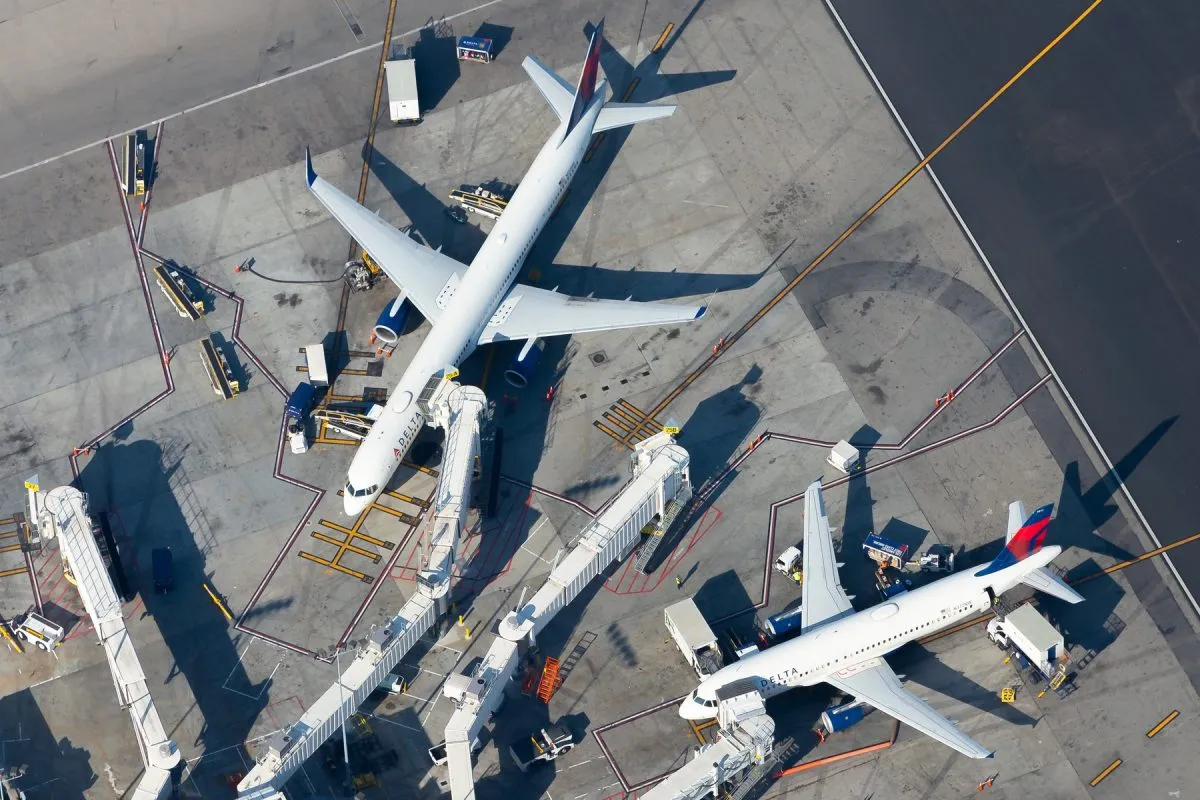UK Leaves Interrail Scheme — and Then Promptly Rejoins After Public Response

Skift Take
UPDATED: One day after leaving the scheme, the UK's Rail Delivery Group announced on Aug. 8 that they are rejoining after a "strong reaction" provoked renewed talks with Interrail.
We are pleased to be able to tell passengers that we have reached agreement and will be remaining part of both the Interrail and Eurail passes.
— Rail Delivery Group (@RailDeliveryGrp) August 8, 2019
If there was a perfect symbol of the admirable aims of the European project, it might be the Interrail scheme. Started in 1972, it allows European citizens of certain age groups to use the rail and ferry networks of 31 countries with just one pass, at any pace they choose.
Thus, there couldn't be a more seemingly pointed time for the UK to leave this scheme than the few months before Brexit. The Rail Delivery Group (RDG) — a membership body which represents all the companies that make up Britain's rail network — announced Wednesday that effective next year, it would no longer be part of the Interrail scheme.
Importantly, Eurostar will not be affected by this change, meaning European travelers can travel from Europe to London via Eurostar — still covered by the Interrail pass — but from there, any onwards UK travel will require another ticket or rail pass. Likewise, British travelers can still purchase an Interrail pass and travel to the continent via the service, with both that journey and their onward European travel included in the pass. However, unlike the present setup, their domestic travel to Eurostar's London terminal will not be included.
Just months before Brexit, the "timing is inauspicious" as Mark Smith, the UK's preeminent train blogger who goes by The Man in Seat 61, put it. And it certainly doesn't feel like a "we're leaving you but still want you to come visit" move on Britain's part. However, neither side is blaming Brexit for the decision — but that doesn't mean they appear to agree on why it's happening.
In its statement, the RDG said that they are ending their membership because of a disagreement over the trial Eurail scheme, which was a similar pass made available to non-European citizens. RDG contends it was confusing for Britain to offer non-European travelers both the Eurail and their own Britrail pass, which offers access to domestic UK rail network as well as other perks like discounts on 200 attractions. It wanted to keep the Interrail scheme going for Europeans and Brits, but just offer Britrail to non-Europeans.
“Although the Eurail Group has ended our decades-long membership of Interrail since we stopped trialling Eurail passes, British people will feel no difference – they can still buy an Interrail pass, get the Eurostar and travel by train across Europe," Robert Nisbet, RDG's director of nations and regions said in a statement. (He did not note that getting to London may now incur an extra expense for British travelers.)
The Eurail Group itself, however, described things differently. A statement from Eurail’s general manager, Carlo Boselli, said the group had not chosen to end RDG's membership, and had done everything it could to persuade UK rail to remain in the program. "I deeply regret that RDG’s priority to secure a competitive position for their BritRail Pass has led them to pull out of Interrail and Eurail," Boselli wrote. "We strongly believe that RDG being part of the Eurail and Interrail community would be beneficial to both the participating British railways as well as our community of travellers."
While a British organization quibbling with a European one over who wants what is certainly on brand for 2019, it's not just Brexit that makes this move relevant. Indeed, it is counter to a number of trends in the travel industry at present. At a time when destination marketing organizations — including VisitBritain — are making moves to spread out travelers away from capital cities to less impacted parts of the country, travelers coming to the UK on Eurostar (which, again, remains covered by the scheme) will have to buy additional tickets for onward domestic travel, be it a Britrail pass or a regular ticket. VisitBritain did not respond to request for comment on this potential loss of regional visitation.
"This is bad news for the regions if inbound travelers on Interrail passes are discouraged from going beyond London," Smith said. "Inbound travelers will be encouraged to go as far as London, but as it will cost them more money to go to Bath or York or Edinburgh or Portsmouth they’ll be more likely to terminate in London and then go somewhere else,"
RDG added in its statement that it was open "to develop[ing] an offer for tourists who want to buy the Eurail and Britrail passes together." But even so, that's almost certain to be more expensive than the current setup.
In addition, the move goes against another larger trend in travel: the flight shaming movement. Because UK residents now have to buy another ticket to travel to London before their pass can be effective, "lots of people will suddenly decide to catch a regional flight to Paris, instead of going by [Eurostar] train — at precisely the time we’re trying to stop people using flights," Smith said.
Though one might assume the growing interest in alternatives to air travel might be seen as a massive opportunity for rail operators in the UK, Smith says he has observed the opposite: "They look at their own little patch and their own core of passengers and the irony is they’re not only not helping or welcoming it, they're actually un-helping it.
UPDATED: This story was updated to include a statement from Eurail Group, which responded to Skift's request for comment after publication.




